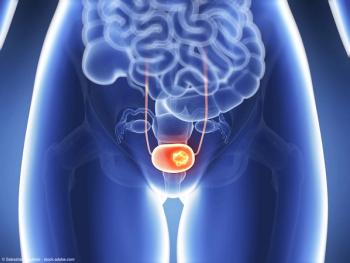
“This is the first trial to show an overall survival benefit in this population,” Christof Vulsteke, MD, PhD, noted.

“This is the first trial to show an overall survival benefit in this population,” Christof Vulsteke, MD, PhD, noted.

Andrea Necchi, MD, reported a pCR rate of 38% (95% CI, 28%-49%) for cohort 1 vs 28% (95% Ci, 16%-44%) for cohort 2.
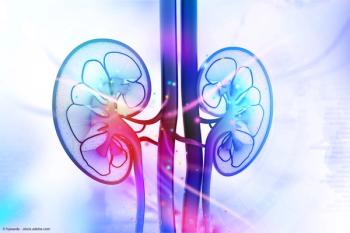
The median progression-free survival was 15.7 months with the combination of lenvatinib plus everolimus compared with 10.2 months with cabozantinib (HR, 0.51; 95% CI, 0.29-0.89; P = .02).

“POTOMAC met its primary end point of disease-free survival in the ITT [intent-to-treat] population," said Maria De Santis, MD.
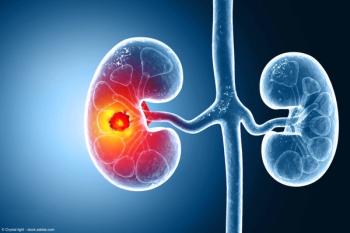
"Observed efficacy of pembrolizumab plus lenvatinib were confirmatory of prior observations for this combination," said Cristina Suarez Rodriguez, MD, PhD.
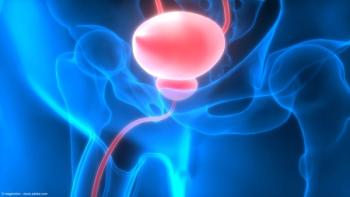
“With 5 years of follow-up, median overall survival is longer with nivolumab vs placebo on interim analysis," said Matthew D. Galsky, MD.
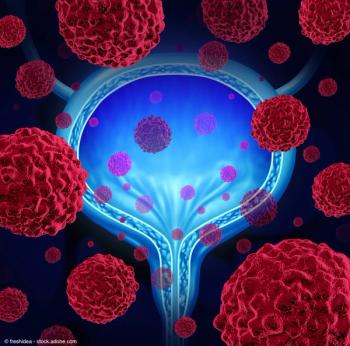
"The addition of perioperative durvalumab to neoadjuvant chemotherapy significantly improved event-free survival and overall survival without adversely affecting patient-reported outcomes,” said Michiel van der Heijden, MD, PhD.
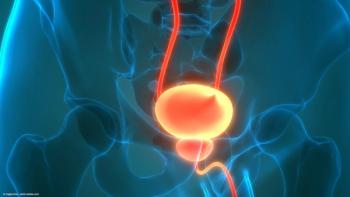
Data from the phase 3 ALBAN trial showed that atezolizumab plus BCG did not improve EFS compared with BCG alone.

The grade 3-5 AE rate was 78.9% (95% CI, 70.8-85.6) in the 75 mg/m2 arm vs 61.2% (95% CI, 51.9-69.9) in the 50 mg/m2 arm (P =.0024).
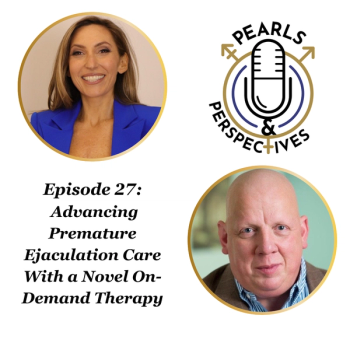
Discover innovative approaches to treating premature ejaculation with insights from leading experts in sexual health and urology.

The phase 2 Co-PSMA trial has met its primary end point.
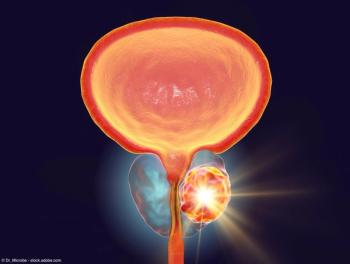
The trial will assess the effect of adding docetaxel to SOC hormone therapy plus apalutamide in mCSPC.

Discover how language and trauma-informed care reshape patient experiences in sexual medicine and improve outcomes.

Amy Pearlman, MD, and Rachel Rubin, MD, discuss groundbreaking guidelines in sexual health, emphasizing education, and patient empowerment.

The phase 1 trial is assessing VIR-5500 as both a monotherapy and in combination with ARPIs in prostate cancer.
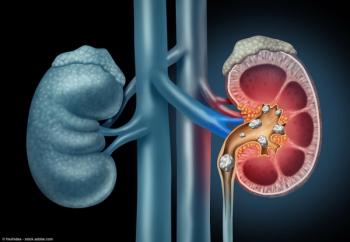
"Suctioning technology for mini-PCNL is an improvement on relying on passive outflow," says Mantu Gupta, MD.


SBRT demonstrated favorable 4-year biochemical recurrence-free survival with a manageable safety profile.

In this episode, Gregory E. Tasian, MD, MSc, MSCE, Jonathan S. Ellison, MD, and patient partner Annabelle Pleskoff reflect on the origins, design, and key findings of the PKIDS trial.

"My pragmatic takeaway is that for patients who experience spasm or leak despite anticholinergics, this is a great thing to consider," says Mark D. Tyson II, MD, MPH.

The study is assessing the safety and tolerability of the CaverSTIM device for ED after surgical removal of the prostate.

The PROSTOX ultra test can predict which patients with localized prostate cancer are at a higher risk of GU toxicity from SBRT.

Data showed that adding niraparib to AAP significantly improved radiographic progression-free survival in this patient population.
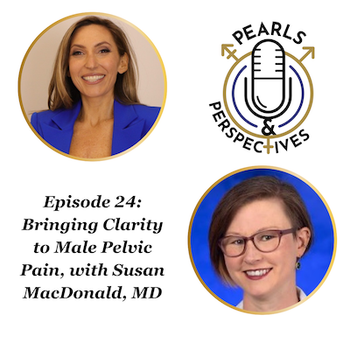
MacDonald underscores the need for clinicians to perform rectal exams to identify pelvic floor dysfunction, to validate patients’ pain, and to approach management through a multidisciplinary, empathetic lens.

Data from the ARC-20 trial show promising efficacy and a manageable safety profile for casdatifan monotherapy.

This announcement follows positive top-line data from a phase 1b/2a clinical trial of EG110A in patients with NDO following a spinal cord injury.
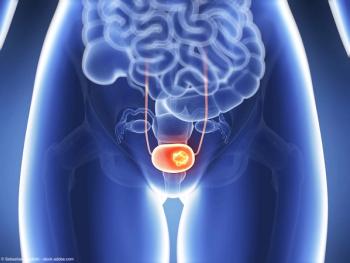
The addition of radiation after surgery improved clinical outcomes while not increasing severe late toxicity in this setting.
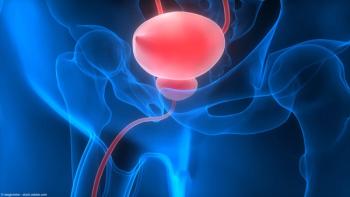
The review summarizes results from the OPTIMA II, ATLAS, and ENVISION trials.

Here’s a look back at notable news between July and September 2025.